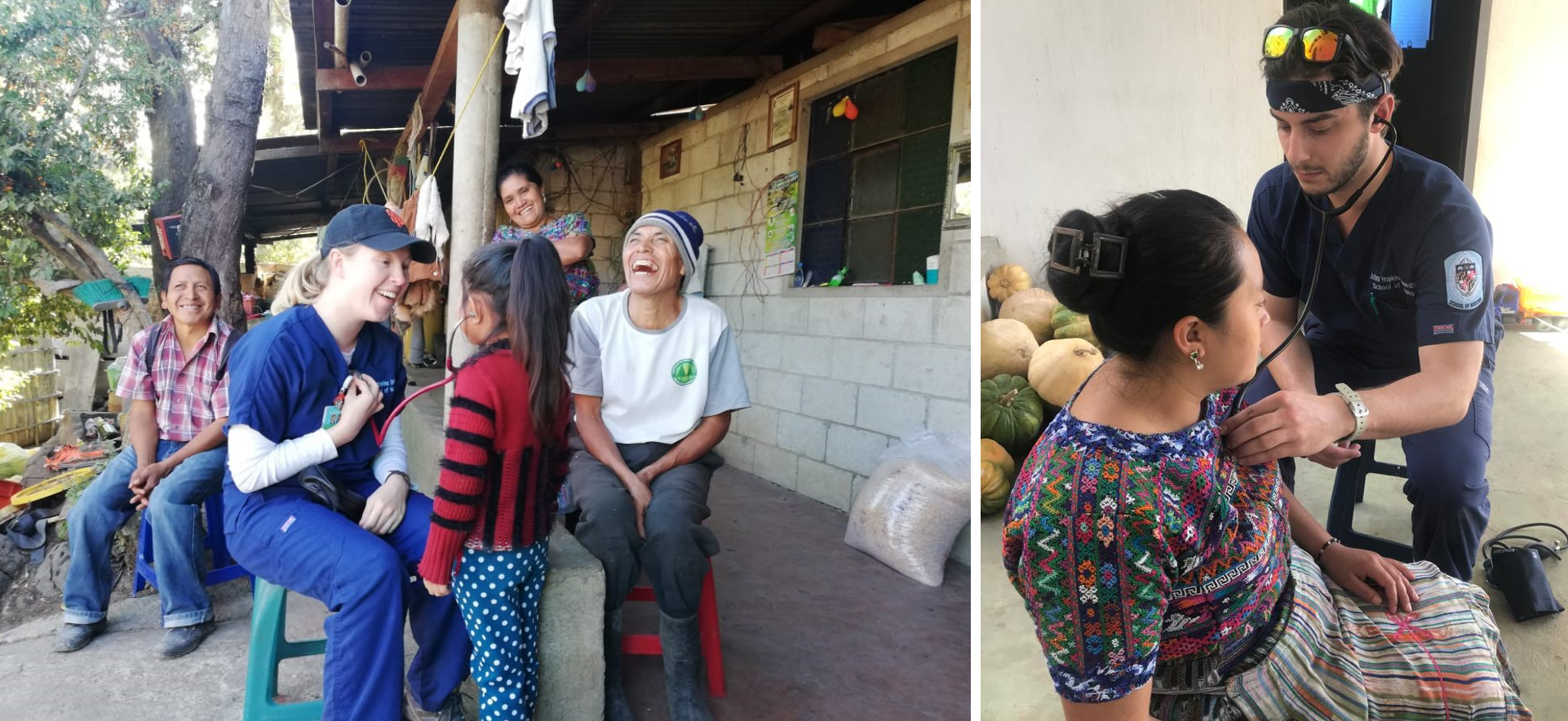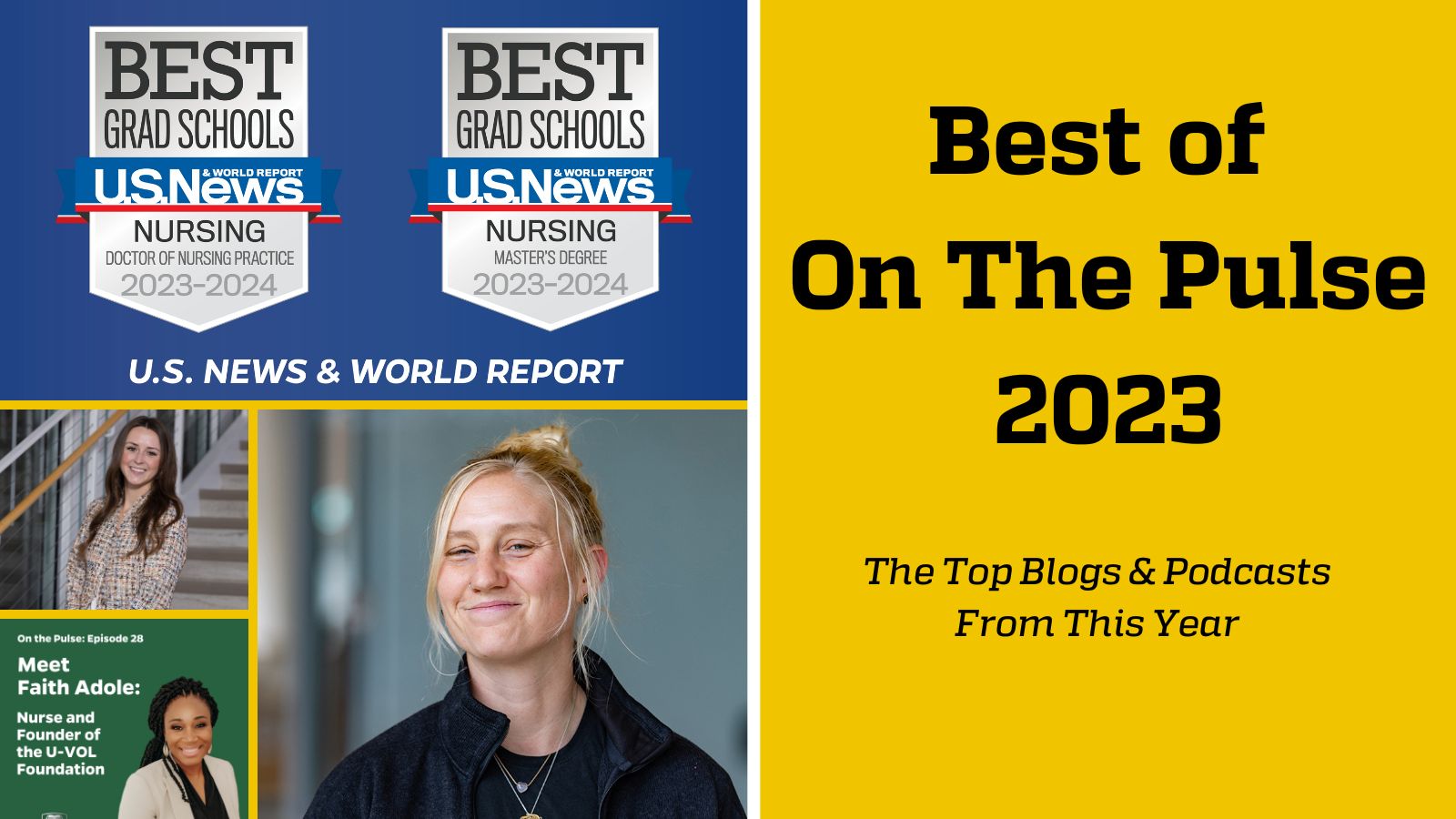How many more people will die as a result of opioid overdose? Last week’s news about Prince’s cause of death further highlights the concerns about opioid use.
The Centers for Disease Control and Prevention (CDC) estimates that 78 Americans die every day from an opioid overdose. Furthermore, the CDC reports that heroin overdoses have more than tripled in four years.
What can and should nurses do to prevent such deaths? What can nurses do to prevent the progression of opioid use to dependence?
At the Johns Hopkins School of Nursing, we’re leading the way to ensure that students who will join the healthcare workforce as registered nurses and those moving to advanced nursing practice are equipped to be part of the solution.
Here’s what we are doing:
- Since 2014, information about substance use has been integrated into the Master of Science in Nursing curriculum funded through a grant from the Substance Abuse and Mental Health Services Administration (SAMHSA). Students learn how to identify people who are at risk because of alcohol and other drug use, how to have a conversation about that risk, and when indicated, assist in linking the person to specialty treatment. Spanning prevention, intervention, treatment, and provision of recovery supports, students gain the knowledge and competence to address the continuum of substance use to substance use disorders.
- With SAMHSA funding, beginning in 2016, this same content is being delivered to students who will graduate from Johns Hopkins as future registered nurses. This evidence-based curriculum prepares students to apply what they learn about screening, brief intervention, and referral to treatment (SBIRT) within the community and healthcare settings. As part of the curriculum, students can apply what they learned using a computer-based simulation program.
- We are increasing content specifically related to identification of opioid overdose, administration of naltrexone, and patient/family education regarding naloxone rescue procedures. Students who are in clinical experiences at Baltimore’s Healthcare for the Homeless are immediately applying what they are learning.
- Johns Hopkins School of Nursing is among the hundreds of schools committed to requiring advanced practice registered nursing students to learn safe prescribing of opioids. This education will emphasize recommendations from the CDC regarding initiating or continuing opioids for chronic pain; opioid selection including dosage, duration, follow-up, and discontinuation; and assessing risk and addressing harms of opioid use.
- We are advocating for nurses in health care to address this health crisis. All registered nurses should have the knowledge and skills to deliver SBIRT. Nurses are in key positions to move and sustain this set of clinical strategies to persons who can benefit – whether in the community or in healthcare organizations.
- We are advocating for nurse educators to include this content in curricula for all nursing programs from those preparing students for the role of registered nurse to advanced nursing practice at the master’s and doctoral levels. Nursing curricula, including ours at Johns Hopkins, which have now been implemented and evaluated, are models for other schools of nursing.
- We are promoting the role of the advanced practice registered nurse (APRN) as part of the solution for increasing access to treatment for persons with opioid use disorders. At present, only physicians with special authorization can prescribe the medication, buprenorphine. We are advocating for a change in the law to allow APRNs to practice to the full extent of their education and training by prescribing this life-saving medication.
Will you join us in ending this deathly problem?
 ABOUT THE AUTHOR: DEBORAH FINNELL @dsfinnell
ABOUT THE AUTHOR: DEBORAH FINNELL @dsfinnell
Deborah Finnell, DNS, PMHNP-BC, CARN-AP, FAAN, is an associate professor and director of the master’s and DNP programs at the Johns Hopkins School of Nursing. She has specialized in mental health and addictions for the majority of her career, and she brings her passion for the neurological bases of mental health and addictions to her clinical practice, teaching, research, and policy/advocacy.


 No. 1 Rankings for the School of Nursing and a Pipeline to the “Best Jobs”
No. 1 Rankings for the School of Nursing and a Pipeline to the “Best Jobs” Guatemala Re-visited: Rainwater Project Shows Value of Service-learning Trips
Guatemala Re-visited: Rainwater Project Shows Value of Service-learning Trips You’re Welcome
You’re Welcome Nursing Named Most Trusted Profession for 22nd Consecutive Year
Nursing Named Most Trusted Profession for 22nd Consecutive Year Best of On The Pulse 2023
Best of On The Pulse 2023






